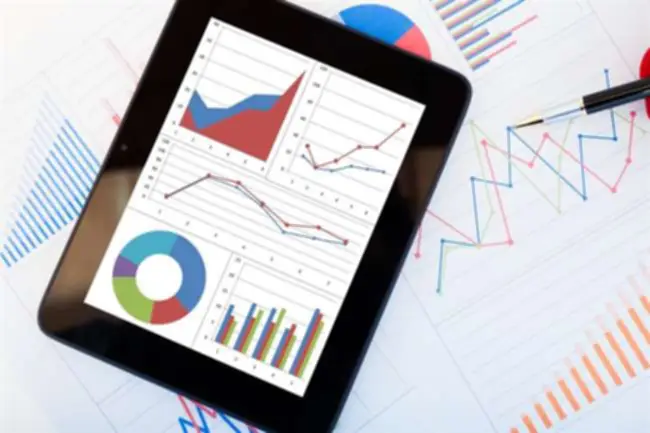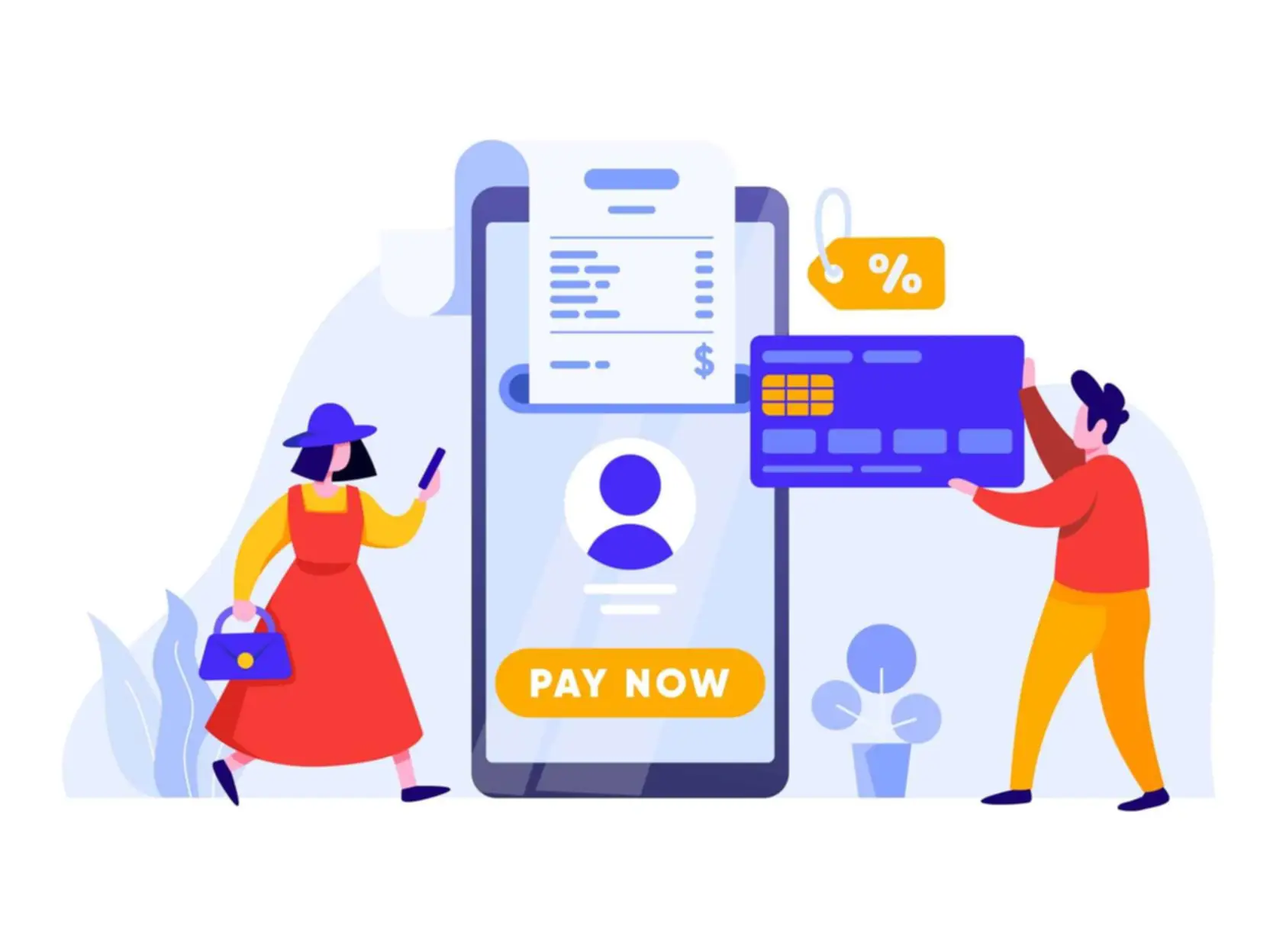Corporations should obtain particular licenses to work with certain technologies, and in many circumstances, the laws effectively make it too troublesome for smaller businesses to adjust to these guidelines. The rapid advancement of AI model coaching has far outpaced legal frameworks, that means the principles and rules surrounding AI training information are still evolving. As a outcome, corporations should keep informed about legal developments and punctiliously evaluate licensing agreements earlier than using inventory content for AI coaching. So, when learning data safety points for training fashions, it’s important first to grasp where corporations acquire this information.

Nevertheless, AI fashions, especially language models, usually perform based mostly on probabilities somewhat than real understanding. They predict words or phrases based mostly on statistical chance, utilizing patterns seen in previous information. When synthetic information fails, created knowledge — collected through controlled environments with real actors — becomes the solution. For occasion, fourteen U.S. states presently have complete data privacy laws, with six more set to take effect in 2025 and early 2026.
The president of one tech company told us that its board had recently begun asking for a knowledge ethics report as a half of the audit committee’s agenda, which had previously focused extra narrowly on privacy and security. “You have to provide enough of an incentive—a carrot or a stick to ensure individuals take this significantly,” the president said. Even when intentions are good, the outcome of information analysis may cause inadvertent harm to individuals or teams of people.
Finally, it was decided at COP16 that public databases and academic institutions would not be required to share monetary advantages. Nevertheless, profit sharing from the commercial sector is inevitable, and the criteria and strategies of cost might be discussed sooner or later. The opportunities for applying large quantities of knowledge in new applied sciences similar to AI can typically be accompanied by moral dangers. With increased data use and the expansion of recent data-powered applied sciences – like artificial intelligence and driverless cars – comes an elevated danger that if issues go mistaken businesses can lose the belief of their customers.
Sql For Information Analysis: Unlocking Insights From Data
By aligning data practices with moral rules, organisations can contribute to positive social outcomes and sustainable development. Transparency builds confidence in information processes and ensures accountability for the consequences of data-driven choices. Protecting knowledge from breaches and unauthorized entry is a major challenge, particularly as cyber attaks become more subtle. Ensuring sturdy safety measures to protect delicate knowledge is crucial, but it might be resource-intensive and requires fixed vigilance and updates to security protocols.
Free Knowledge Strategytemplates
It entails implementing measures to guard delicate data from unauthorized entry, use, or disclosure. Rules like knowledge minimization, anonymization, and encryption are crucial for guaranteeing data privacy and security. The first principle of data ethics is that an individual has possession over their personal info. Simply as it’s thought of stealing to take an merchandise that doesn’t belong to you, it’s illegal and unethical to collect someone’s personal data without their consent.
It encompasses the moral points related to knowledge assortment, evaluation, dissemination, and use, ensuring that data-driven actions do not harm individuals or society. Information ethics requires contemplating the implications of knowledge practices on privateness, consent, transparency, security, and potential biases, aiming to create a framework that promotes trust and integrity in information utilization. The principles of beneficence (doing good) and non-maleficence (avoiding harm) information moral information extraction to ensure that the benefits of information collection and analysis outweigh any potential risks or harms. This includes fastidiously considering the influence of data practices on individuals and society and striving to contribute positively through accountable knowledge use. With companies and organizations relying closely on information to drive decisions, innovate, and offer personalised services, the method in which ethical use of data this knowledge is gathered and utilized holds vital consequences. Moral information assortment ensures respect for particular person privateness, prevents misuse of sensitive info, and upholds the ideas of equity and transparency.

For one other group, Aliaxis, which also uses Snowflake as their core information platform, Atlan served as “a bridge” between numerous instruments and technologies across the information ecosystem. With its organization-wide business glossary, Atlan became the go-to platform for locating, accessing, and utilizing knowledge. It also significantly decreased the time spent by knowledge engineers and analysts on pipeline debugging and https://www.globalcloudteam.com/ troubleshooting.
- It is a win-win state of affairs where customers, companies, and society all stand to realize from accountable knowledge practices.
- Across numerous industries and domains, Australian organisations are pioneering moral information practices and setting precedents for accountable data stewardship.
- It ensures that information is dealt with ethically and pretty, selling trust, transparency, and accountability.
- Information contains delicate information about people, and businesses should treat it with respect, transparency, and equity.
Knowledge ethics is an evolving area, with new challenges and alternatives artificial general intelligence rising continuously. The rise of artificial intelligence (AI) and other rising technologies necessitates ongoing discussions and developments in information ethics rules and practices. Identifying and mitigating bias in data is crucial to ensure fairness and fairness in data-driven selections.

Mitigation Of Bias And Discrimination
Before amassing data, ask yourself why you want it, what you’ll gain from it, and what changes you’ll have the flexibility to make after analysis. If your intention is to harm others, revenue from your subjects’ weaknesses, or another malicious goal, it’s not moral to collect their knowledge. Radha Gohil, Data Governance & Privateness Lead at Shell and Chair of ISBA’s Knowledge & Ethics Steering Group shares the 5 key reasons why companies ought to take data ethics seriously. COP15, which marks 10 years because the COP10 in Nagoya, was initially scheduled to be held in Kunming, China in 2020. However, because of the outbreak of the SARS-CoV-2 in early 2020, the assembly was postponed for 2 years, rescheduled for the end of 2022 in Montreal, the place the CBD Secretariat is situated.
By following the 5 Cs of knowledge ethics, organizations can make certain that their information practices are moral, transparent, and respectful of individuals’ rights. By adhering to these ethical rules, researchers can ensure that their data assortment practices are accountable, respectful, and aligned with the best requirements of integrity and professionalism. Making Certain the safety of collected knowledge is an ethical crucial to protect individuals from potential harm, similar to identification theft or privacy breaches.
The Privateness Act of 1988 serves because the cornerstone of knowledge safety legislation, outlining the rules for the truthful dealing with of private information by non-public and public sector entities. Fairness signifies that information ought to be utilized in ways that don’t perpetuate biases, discriminate or trigger harm. Ethical data management strives to ensure equitable treatment for all people and mitigate the dangers of bias in data-driven decision-making processes. By prioritising ethical issues, organisations can proactively identify and handle potential dangers, thereby safeguarding people and communities from harm. Every enterprise partaking in information projects must study the ethics of data gathering and the way it is later processed. Choice scientists, market analysis specialists, or decision-makers in a enterprise should consider ethical issues even within the lack of a regulatory framework for their data assortment tactic.
